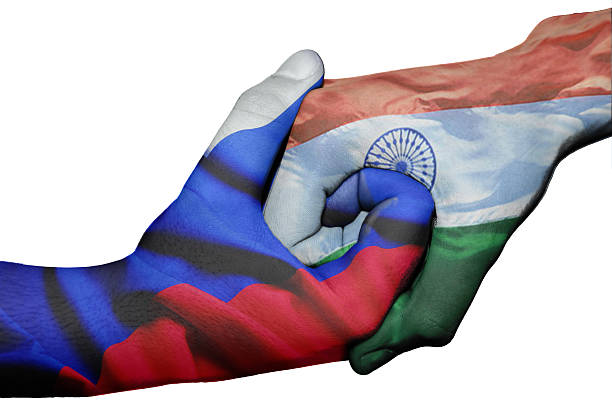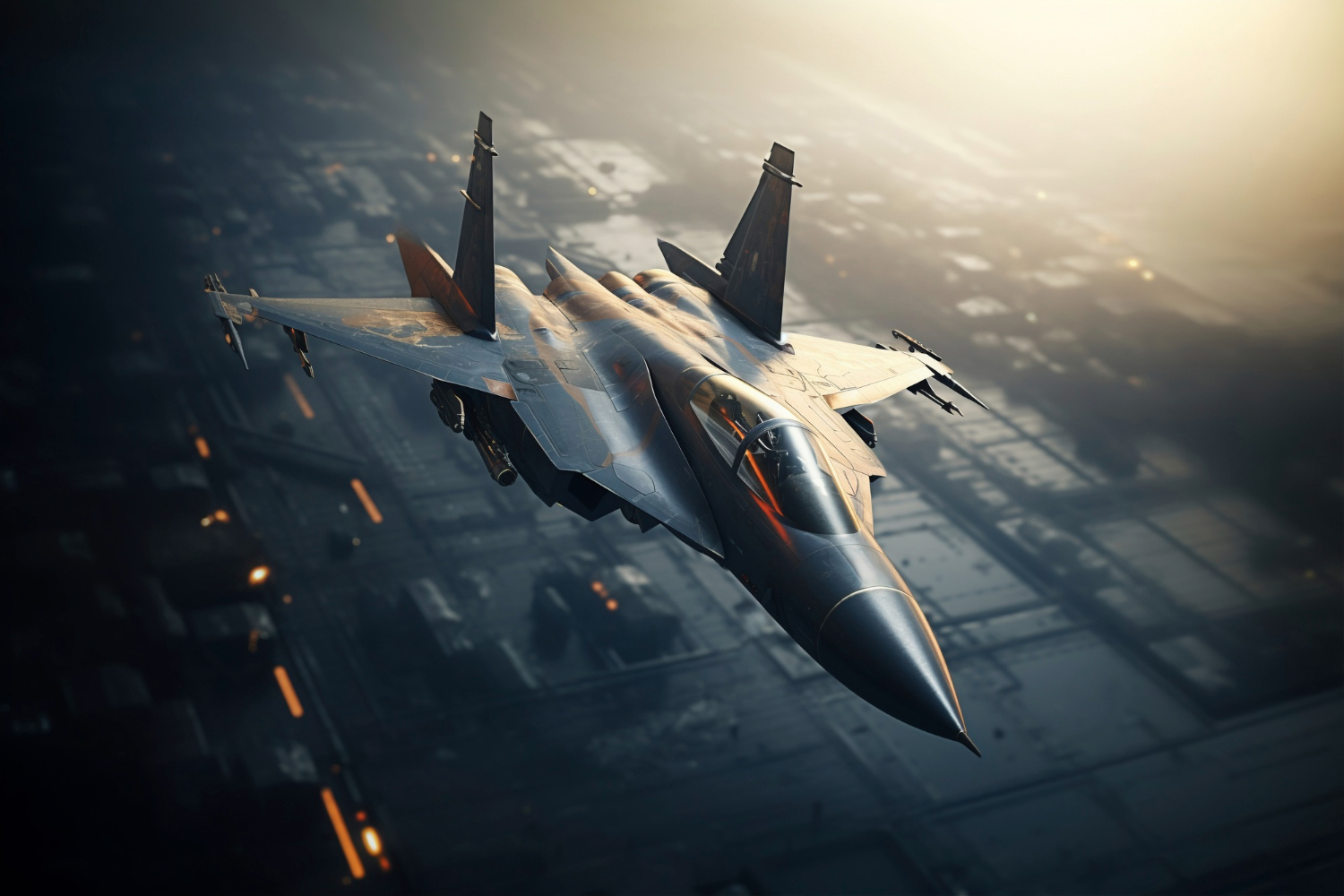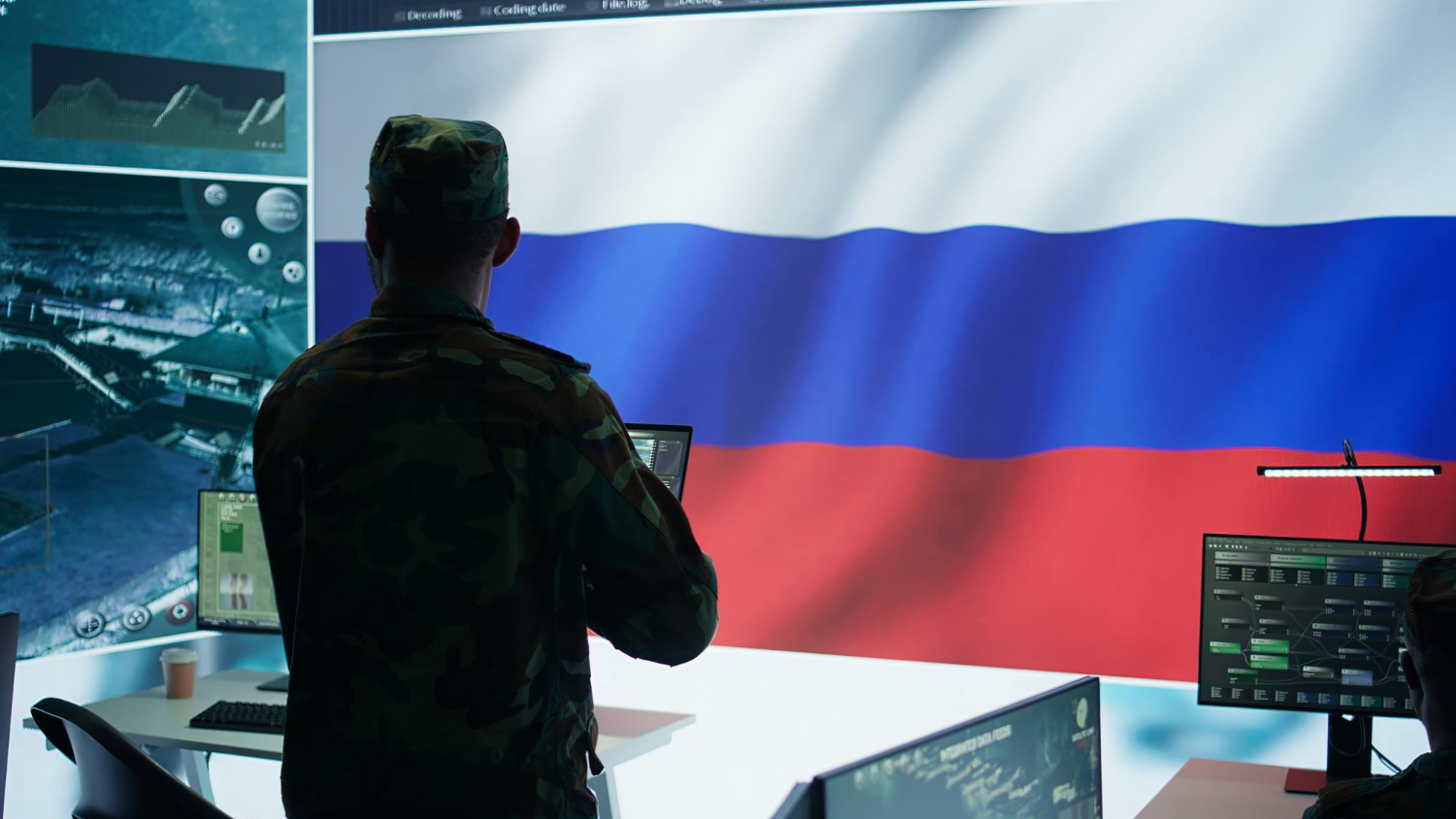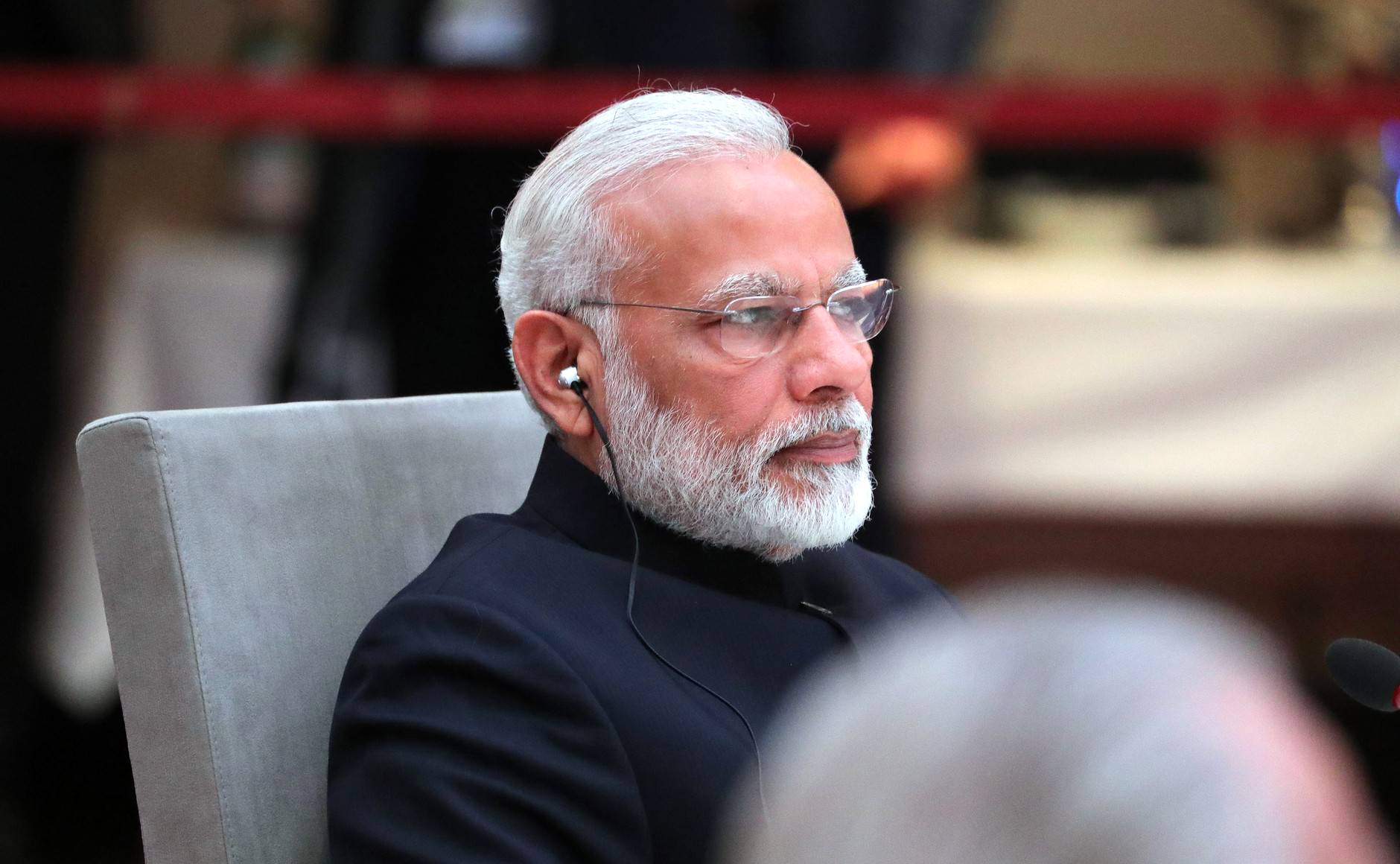Middle East Tension: Tensions in the Middle East have escalated after Iran launched missiles at the largest US military base in Qatar. In response, Qatar issued a strong warning, threatening retaliatory action if such attacks continue. The incident has raised fears of a wider regional conflict.
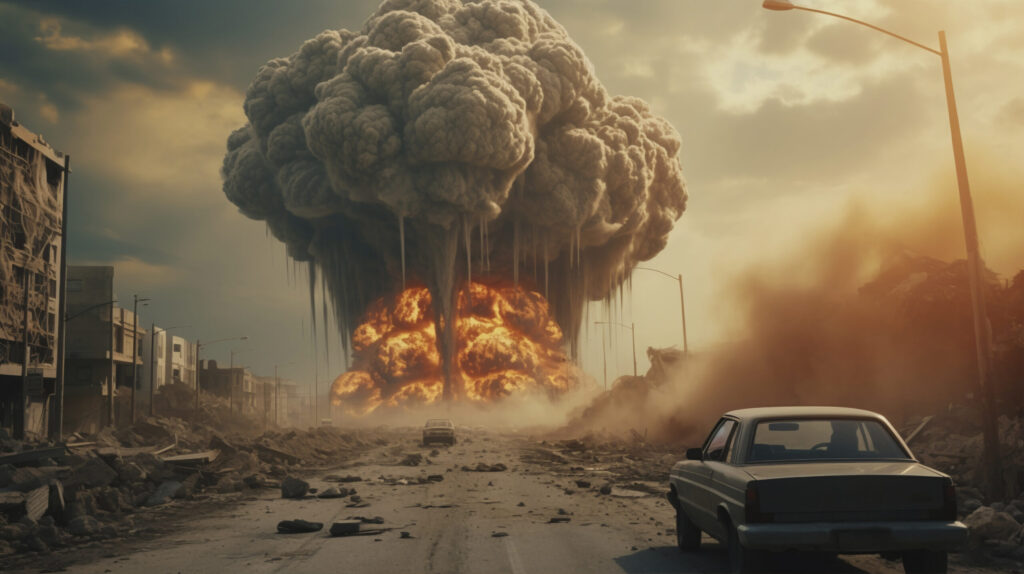
Middle East Tension: Iran Hits US Base, Qatar Threatens Strike
The Middle East is once again on the edge after Iran launched a missile attack targeting the largest US military base in Qatar. This bold move has intensified fears of a broader regional conflict, drawing sharp reactions from both Qatar and international powers.
Iran’s surprise strike on US base
Late last night, Iranian forces fired multiple missiles at the Al Udeid Air Base in Qatar, which houses thousands of American troops and serves as the main operational hub for US military activities in the Middle East. According to preliminary reports, the missiles struck near the perimeter of the base, causing loud explosions but no immediate reports of casualties or significant structural damage.
Iran’s state media claimed the strike was a “warning shot” against continued US military presence in the Gulf, accusing Washington of destabilizing the region by supporting rival powers. Iranian officials asserted that any threats to their sovereignty would be met with direct action.
Qatar issues sharp warning
Qatar, visibly alarmed by the attack on its soil, responded with a stern message. The Qatari Foreign Ministry condemned Iran’s actions, calling them a blatant violation of its sovereignty. In a rare tough stance, Qatar warned that if such aggression continues, it would not hesitate to launch a “decisive retaliatory strike” to protect its territory and people.
Qatar’s Defence Minister, speaking at a press briefing in Doha, said:
“We will not tolerate any attacks that jeopardize our national security. Qatar reserves the right to respond in a manner and time of its choosing.”
This marks a significant shift in Qatar’s usual diplomatic approach, as the Gulf state often plays the role of mediator in regional disputes.
Rising regional anxiety
The incident has sent shockwaves through Gulf capitals. Saudi Arabia, the UAE, and Bahrain expressed solidarity with Qatar and condemned Iran’s provocative act. Meanwhile, Washington reiterated its commitment to defending its allies. The Pentagon confirmed that additional missile defense systems are being deployed to key bases in the region to guard against future threats.
Analysts warn that this escalation could easily spiral. The Middle East is already tense due to conflicts in Yemen, Syria, and ongoing Israel-Iran shadow wars. A direct clash involving US forces, Iran, and Gulf states could destabilize oil markets and disrupt global energy supplies.
Global calls for restraint
The United Nations Secretary-General urged all parties to exercise maximum restraint, emphasizing that further escalation would have devastating consequences for the entire region. European leaders echoed this sentiment, with France and Germany pushing for urgent diplomatic dialogue to de-escalate tensions.
What’s next?
For now, the world watches closely. Iran’s missile strike and Qatar’s sharp response have created a precarious situation that could determine the future security landscape of the Gulf. Whether cooler heads will prevail or the situation deteriorates into open conflict remains uncertain.
As regional players bolster defenses and global powers urge calm, the Middle East stands at a critical juncture. The coming days will reveal whether diplomacy can steer the region away from the brink—or if new hostilities are on the horizon.
In conclusion, Iran’s missile strike on the US base in Qatar and Doha’s strong warning have sharply raised tensions in an already volatile Middle East. As regional powers brace for possible fallout and global leaders urge restraint, the coming days will be crucial in determining whether this crisis leads to wider conflict or gives way to renewed diplomatic efforts.
Also Read:
- Russia-Ukraine Conflict: Russia Plans to capture Pokrovsk, Sends 1 Lakh Troops
- Suicide Attack: Blast in Pakistan’s Khyber province, 13 Pak Soldiers Killed
- Ukraine Drone Attack on Crimea, 3 Russian Choppers Destroyed
Author

Sahil V
Sahil V. is a passionate contributor at InsightIndia.in, specializing in world geopolitics and job-related updates. With a keen understanding of global affairs and employment trends, he delivers insightful articles that help readers stay informed and make smarter career decisions in a rapidly changing world.




